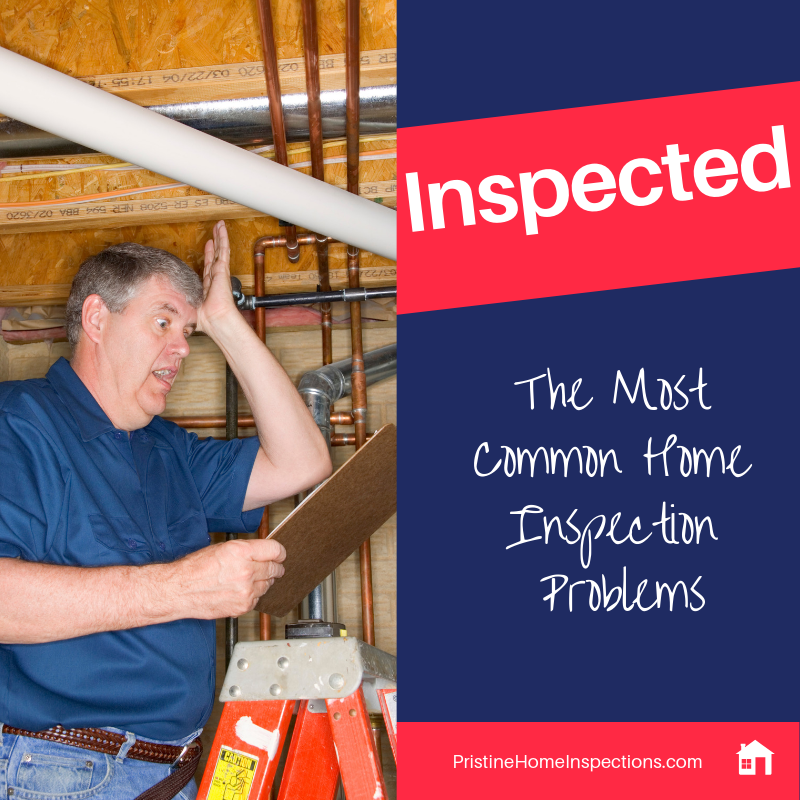
Getting a home inspection is hugely important whether you are purchasing a newly built home, a fixer-upper, or a well-cared for historic home. Certified home inspectors have found many a thing in the inspection process saving buyers thousands of dollars or even from purchasing a home with very expensive issues. Here are some of the most common issues inspectors come across in a home inspection.
- Faulty Wiring– More common in older homes, but this could happen in any age home. Even a newly constructed home has been found with faulty wiring. Things like open junction boxes, amperage mismatches, and no wire nuts on wires. Wiring issues have become more and more common with the rise of DIY home improvement projects.Poor Grading and Drainage- It might not be obvious to the naked eye, but left unnoticed long enough it can cause serious water damage to a home. Signs of poor grading and drainage include spongy soil around the foundation and leaking in the basement.
- Faulty Gutters- Clogged and bent gutters that do not channel water away from the house.
- Damp Basement- The basement is prone to moisture because of its position underground. Signs of a damp basement include water stains, powdery residue on walls, and mold or mildew.
- Roof Problems– This is not a fun one to find, but it is important to know as roofing is expensive. Things like brittle and curled shingles and broken or missing flashings are no Bueno.
- Foundation Flaws– This can include things like cracks in the foundation, sloping floors, sticking doors, or windows.
- Poor Upkeep– this applies mostly to things that are cosmetic like worn carpeting, or an exterior in need of paint.
- Faulty Plumbing- Water that slowly drains, poor water pressure, leaky ceilings are all signs of poor plumbing, but not uncommon.
- Poor Ventilation– A very hot attic, a bathroom with a mildewed ceiling, condensation on windows are all signs of bad ventilation that needs attention.
- Defective Heating- This can be a number of things some of the most commonly seen are cracks in the heat exchanger or water tank and carbon monoxide leaks.
So what happens when/if an inspector finds an issue in the home you are hoping to purchase? It depends, there are a number of options you can consider and having an experienced real estate agent to help walk you through the options can be very helpful. You can return to the seller after the inspection and let them know what you would like them to fix before proceeding with the purchase, you can lower your offer to account for the cost of repairs, or you can back out of the purchase. Keep in mind that the seller may have a counter offer if you ask them to make repairs or lower the price.
More: Why you should never waive the home inspection
An inspection is very important in the buying process even if your inspector finds nothing but a few minor cosmetic repairs it is well worth the time and money. Looking for a reliable inspector? Contact us anytime to schedule an inspection.
So what happens when/if an inspector finds an issue in the home you are hoping to purchase? It depends, there are a number of options you can consider and having an experienced real estate agent to help walk you through the options can be very helpful. You can return to the seller after the inspection and let them know what you would like them to fix before proceeding with the purchase, you can lower your offer to account for the cost of repairs, or you can back out of the purchase. Keep in mind that the seller may have a counter offer if you ask them to make repairs or lower the price.
An inspection is very important in the buying process even if your inspector finds nothing but a few minor cosmetic repairs it is well worth the time and money. Looking for a reliable inspector? Contact us anytime to schedule an inspection.
